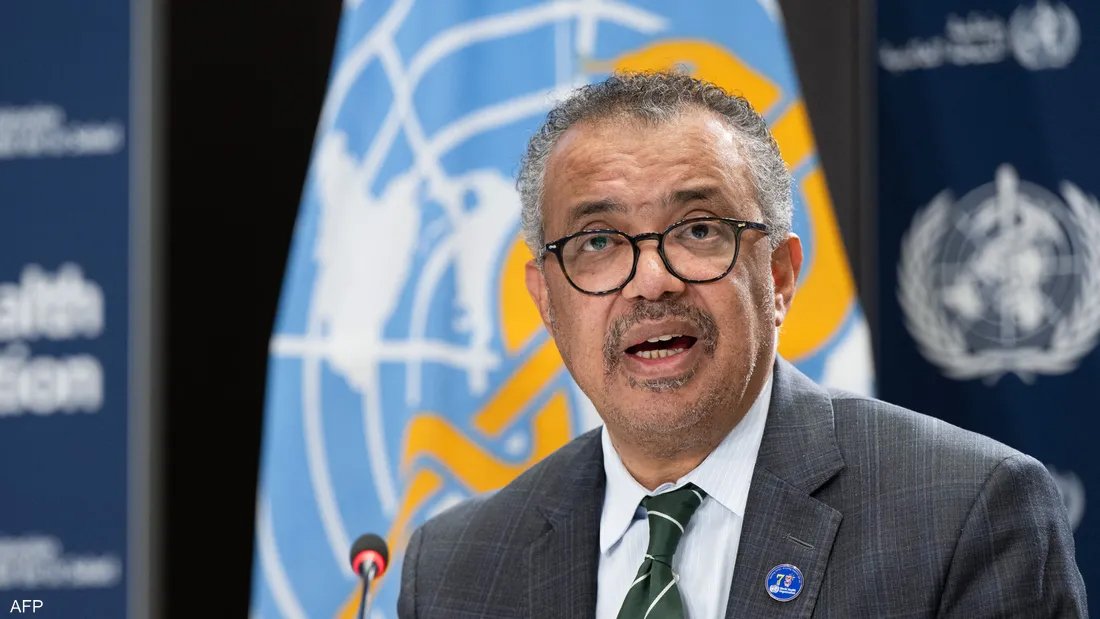The Director-General of the World Health Organization (WHO), Tedros Adhanom Ghebreyesus, stated on Thursday that recent explosions involving wireless communication devices (pagers) and other radios in Lebanon have caused severe disruptions to the country’s already fragile healthcare system.
According to WHO reports from Lebanese health authorities, 37 people were killed and 3,000 injured in the explosions, which occurred in areas known to be Hezbollah strongholds.
Ghebreyesus emphasized during a press conference that these incidents have significantly strained Lebanon’s healthcare infrastructure, which was already vulnerable. He added that WHO has provided blood bags and medical supplies to assist in the response.
Mike Ryan, Executive Director of WHO’s Health Emergencies Programme, noted in the same press conference that the healthcare system was “put under immense pressure in a very short period.”
Abdul Nasser Abu Bakr, WHO’s representative in Lebanon, reported that 100 hospitals were involved in the emergency response. He credited prior training exercises and stockpiling of emergency supplies for helping medical teams minimize the damage and manage the situation effectively.
Lebanese Health Minister Firas Al-Abyad announced on Thursday that the death toll from the explosions targeting Hezbollah’s communication devices over the past two days had risen to 37, with 3,539 injured.
Al-Abyad explained in a press briefing that 12 people were killed in the first wave of pager explosions on Tuesday, and 25 people in the second wave of wireless device explosions on Wednesday.
These explosions are the deadliest since the cross-border conflict between Hezbollah and Israel began nearly a year ago, further escalating tensions between the two parties.



